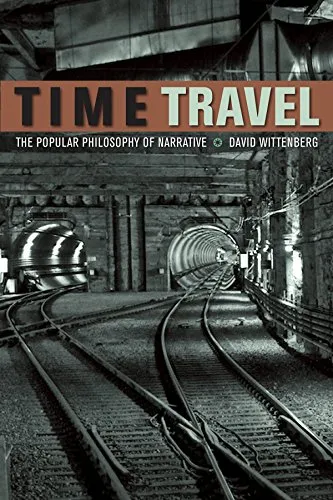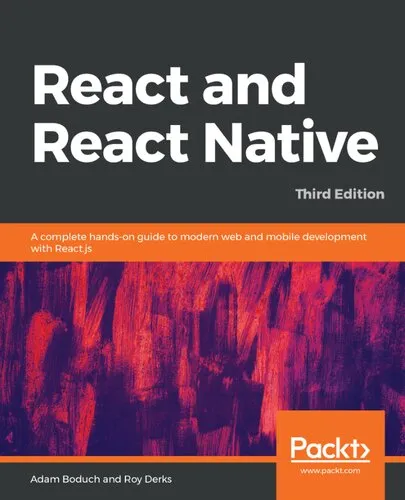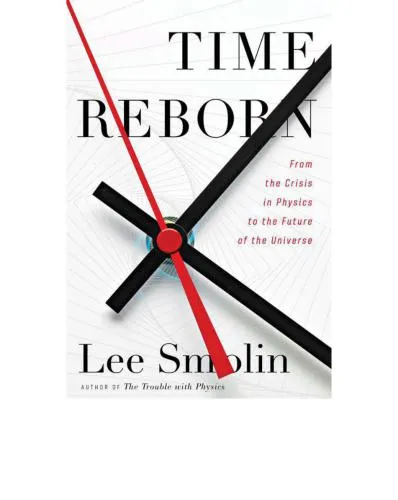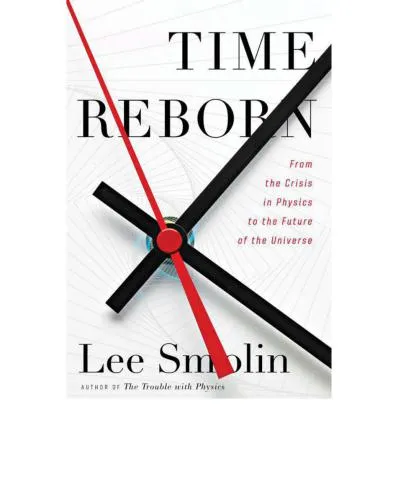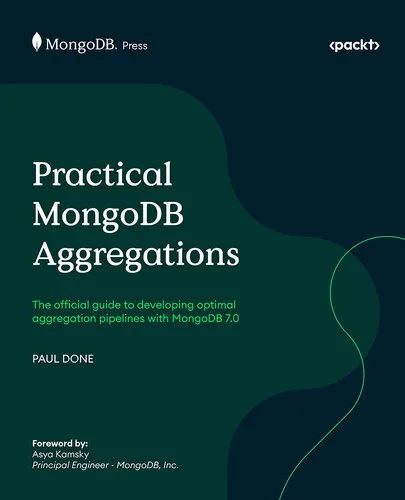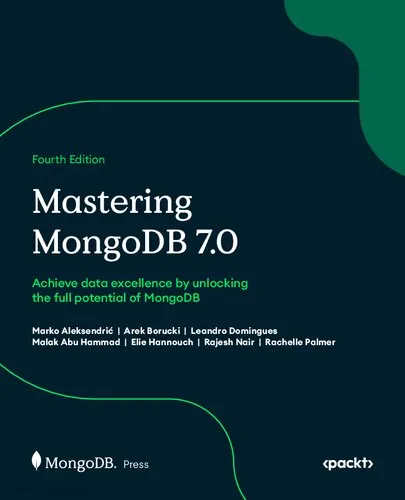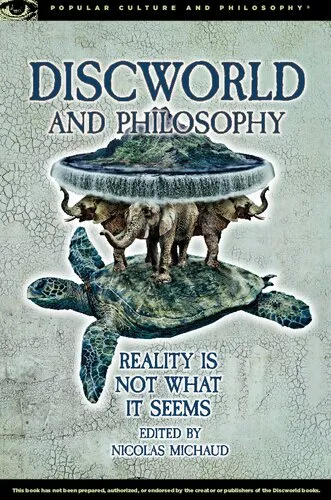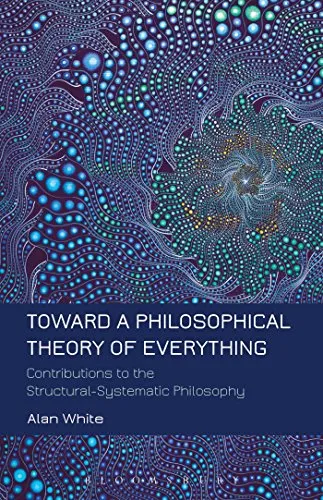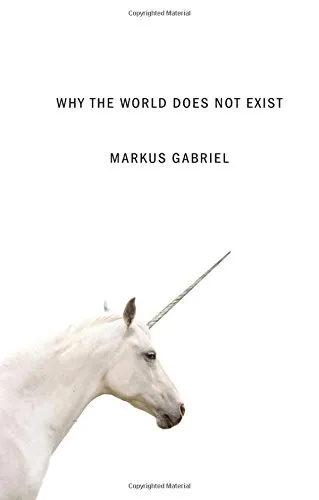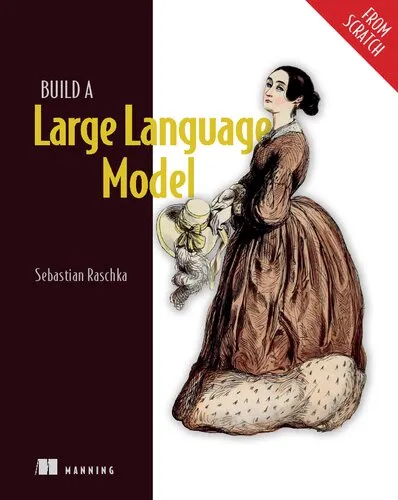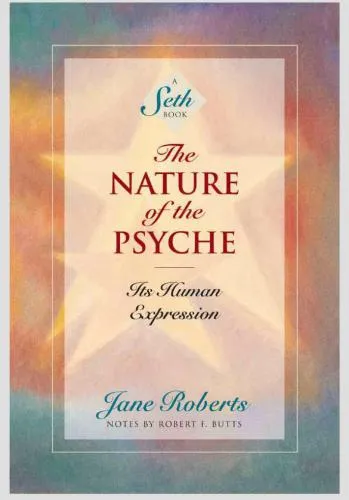Time Travel: The Popular Philosophy of Narrative
4.0
بر اساس نظر کاربران

شما میتونید سوالاتتون در باره کتاب رو از هوش مصنوعیش بعد از ورود بپرسید
هر دانلود یا پرسش از هوش مصنوعی 2 امتیاز لازم دارد، برای بدست آوردن امتیاز رایگان، به صفحه ی راهنمای امتیازات سر بزنید و یک سری کار ارزشمند انجام بدینRelated Refrences:
درباره کتاب
کتاب Time Travel: The Popular Philosophy of Narrative نگاهی جامع و مفصل به مفهوم سفر در زمان در ادبیات و فرهنگ عامه دارد. این کتاب به بررسی چگونگی استفاده از سفر در زمان به عنوان یک تم در ادبیات داستانی میپردازد و شیوههای مختلفی که این تم به کار گرفته میشود را تحلیل میکند. دیوید ویتنبرگ در این اثر، نه تنها به تاریخچهای از این مفهوم میپردازد، بلکه نقش آن را در شکلگیری داستانها و روایتهای مختلف توضیح میدهد.
خلاصهای از کتاب
این کتاب با بررسی چگونگی تاثیرگذاری مفهوم سفر در زمان بر ساختار روایی داستانها، به خوانندگان نگاهی تازه به داستانگویی و روایت ارائه میدهد. ویتنبرگ به ما نشان میدهد که مفهوم Time Travel نمیتواند تنها به عنوان یک عنصر فانتزی محدود شود، بلکه به عنوان یک ابزار مهم در شکلگیری داستانهایی با پیچیدگیهای فلسفی به کار میرود.
این کتاب نگاهی عمیق به آثاری مانند "ماشین زمان" اثر اچ. جی. ولز و دیگر آثار کلیدی که از این تکنیک بهره بردهاند میاندازد. ویتنبرگ نه تنها داستانها را تحلیل میکند، بلکه به بررسی نظریههای فلسفی و روانشناسی موجود در آنها میپردازد.
نکات کلیدی
- سفر در زمان به عنوان یک ابزار فلسفی و روانشناسی در ادبیات بررسی شده است.
- چگونگی تاثیرگذاری Time Travel بر ساختار داستانها به تفصیل توضیح داده شده است.
- ارتباط بین روایتهای پیچیده و مفهوم فلسفه عامه در داستانها تحلیل شده است.
جملات مشهور از کتاب
"سفر در زمان تنها وسیلهای برای سفر به آینده یا گذشته نیست، بلکه ابزاری است که میتواند به ما درک عمیقتری از مفهوم زمان و ساختار روایی داستانها بدهد."
"به جای اینکه سفر در زمان را یک پدیده غیرممکن تصور کنیم، باید آن را به عنوان یک چارچوب ذهنی برای بررسی موقعیتهای انسانی در نظر بگیریم."
چرا این کتاب مهم است
کتاب Time Travel: The Popular Philosophy of Narrative برای کسانی که علاقهمند به ترکیب فلسفه، روایتهای پیچیده و عناصر علمیتخیلی در داستانها هستند، اثری بینظیر است. این کتاب به خوانندگان کمک میکند تا بفهمند چگونه داستانهای مورد علاقهشان از تکنیکهای پیچیدهتری نسبت به آنچه در ابتدا به نظر میرسد، استفاده میکنند. بررسیهای عمیق ویتنبرگ دیدگاهی جدید و جذاب درباره نقش فلسفی و روانشناسی سفر در زمان در ادبیات فراهم میآورد و نشان میدهد که این مفهوم تنها بخشی از ژانر علمی تخیلی مدرن نیست، بلکه عنصری اساسی در تحلیل روایتهای انسانی است.
Introduction to "Time Travel: The Popular Philosophy of Narrative"
"Time Travel: The Popular Philosophy of Narrative" by David Wittenberg delves into the evocative concept of time travel as a multifaceted narrative device. This book interweaves philosophy, literary analysis, and popular culture to explore how time travel serves as a metaphorical framework for understanding narrative structures, human consciousness, and the very essence of storytelling itself. An exploration of time travel narratives permits readers to examine and challenge conventional perceptions of time, causality, and individual agency.
Detailed Summary of the Book
At its heart, "Time Travel: The Popular Philosophy of Narrative" is an investigation into the narrative complexities introduced by time travel as a theme in literature and film. The book systematically examines the ways in which time travel is used to manipulate and interrogate standard temporal constructs, enhancing our comprehension of narrative strategies and their implications. The initial chapters outline the evolution of time travel scenarios from early literary classics to contemporary blockbusters, highlighting how each era's socio-cultural context shaped its portrayal of time travel.
Wittenberg employs an interdisciplinary approach, blending theories from philosophy, psychoanalysis, and cultural studies to dissect the temporal paradoxes inherent in time travel narratives. He considers time travel stories as more than just science fiction, positioning them as philosophical explorations of chance, destiny, and moral responsibility. By doing so, Wittenberg taps into the profound philosophical questions posed by time travel: What does it mean to relive or alter events? How is identity fashioned or refashioned through different pasts and potential futures?
As the book progresses, Wittenberg discusses specific examples from popular media, dissecting how time travel functions as a tool to resolve, complicate, or entirely subvert traditional narrative patterns. Engaging with works ranging from "H.G. Wells' The Time Machine" to "Doctor Who" and "Back to the Future," Wittenberg illustrates the universal appeal of time travel and its capacity to transform narrative perceptions and expectations.
Key Takeaways
- Time travel is a potent narrative device that transcends mere plot complexity to probe deeper existential questions.
- The interplay between time travel and narrative highlights the complexities of narrative causality and authorship.
- Time travel stories enable a critique of linear time and traditional historiography, offering alternative visions of temporality.
- By examining time travel narratives, readers gain insights into the human experience and the powers and limits of storytelling.
Famous Quotes from the Book
"In the labyrinth of time, narrative emerges as both a guide and a traveler, charting the hidden paths of temporal existence."
"Time travel transcends its speculative roots to become a profound inquiry into the paradoxes and possibilities of human consciousness."
Why This Book Matters
David Wittenberg's "Time Travel: The Popular Philosophy of Narrative" is a significant contribution to the study of narrative theory and philosophy. It provides an essential framework for understanding how time travel, as a narrative device, impacts cultural narratives and our comprehension of time. In a world increasingly fascinated by the manipulation and understanding of time, Wittenberg's work is a timely exploration of how fictional constructs influence real-world perceptions of temporal reality. This book appeals to a wide array of readers, from literary critics and philosophers to fans of science fiction, making it an essential read for anyone interested in the intersection of time, narrative, and popular culture.
دانلود رایگان مستقیم
شما میتونید سوالاتتون در باره کتاب رو از هوش مصنوعیش بعد از ورود بپرسید
دسترسی به کتابها از طریق پلتفرمهای قانونی و کتابخانههای عمومی نه تنها از حقوق نویسندگان و ناشران حمایت میکند، بلکه به پایداری فرهنگ کتابخوانی نیز کمک میرساند. پیش از دانلود، لحظهای به بررسی این گزینهها فکر کنید.
این کتاب رو در پلتفرم های دیگه ببینید
WorldCat به شما کمک میکنه تا کتاب ها رو در کتابخانه های سراسر دنیا پیدا کنید
امتیازها، نظرات تخصصی و صحبت ها درباره کتاب را در Goodreads ببینید
کتابهای کمیاب یا دست دوم را در AbeBooks پیدا کنید و بخرید
1516
بازدید4.0
امتیاز0
نظر98%
رضایتنظرات:
4.0
بر اساس 0 نظر کاربران
Questions & Answers
Ask questions about this book or help others by answering
No questions yet. Be the first to ask!
